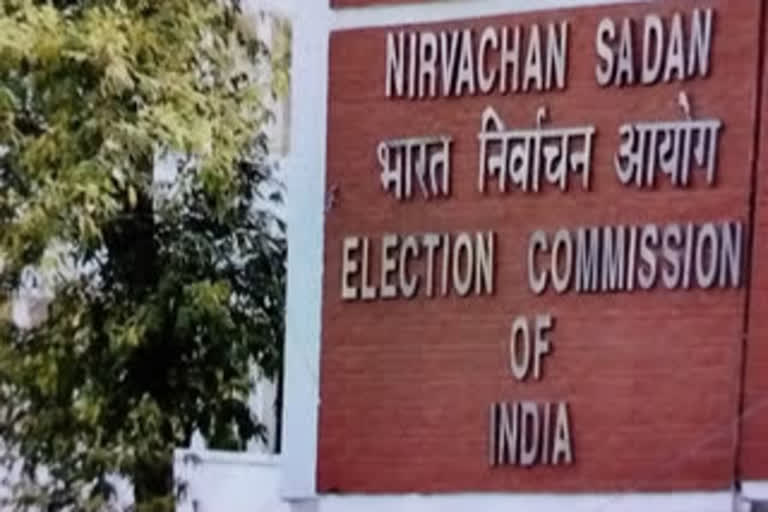New Delhi: The recent judgment of the Supreme Court asking political parties to explain reasons for nominating person with a criminal background is a welcome step. This judgment might empower the Election Commission in creating moral pressure on political parties as it would need to offer an explanation in public as to why such a candidate had been given ticket by the party?
But sadly, the judgement can’t go even an inch beyond giving powers to Election commission of creating moral pressure by asking this question to political parties? But the big question remains, will election commissions empowered with this judgement asking question create enough moral pressure on political parties, so that they would think twice before nominating a candidate with criminal antecedents if not suddenly decide against nominating such candidates? Can this judgement help in moving ahead in Election commission effort of curbing criminals in the election?
The criminalisation of politics is the biggest problem which Indian Politics is facing at the moment. There has been a significant increase in a number of elected representatives getting elected to successive Parliaments and state legislative assemblies of different states. The data suggest, amongst the members elected to 15th Lok Sabha during the 2004 Lok Sabha election, 24% members had criminal cases pending on them which increased to 30% in 16th Lok Sabha in 2009.
One had hoped that the change in government after the 2014 Lok Sabha election and after that might bring some qualitative change in the criminal antecedents of the members of Parliament, but things does not seem to have changed post-2014 at least in this respect. The 17th Lok Sabha elected during the 2019 Lok Sabha election has 43% members with criminal background.
With regard to criminal record of elected representatives in various state assemblies, the picture is not very different, the only difference could be of shades, but most of state assemblies has large numbers of elected representatives with criminal background. The recently concluded Delhi Assembly elections, where AAP registered is second successive electoral victory, the Delhi legislature registered an increase in number of MLA’s with criminal record.
READ:PM Narendra Modi to inaugurate 3 new high-throughput ICMR labs today
In the 70-member Delhi Legislative Assembly, in the assembly which got elected during the 2015 assembly election, there were 24 elected members who had a record of criminal cases. But the number of legislatures having criminal record increased to 42 in the current assembly which elected its members during the 2020 assembly elections. The number of MLAs with serious criminal cases, which includes murder, crimes against women, hate speech also increased from 14 in 2015 to 37 in 2020, a twofold increase.
Like for the national parliament, one had hoped that there would be an improvement in the quality of elected representatives in the Delhi assembly as AAP, the newly formed political parties promised to provide a different kind of politics in the city, but sadly, that does not seem to have happened. If it was only a moral question, we would have seen a Lok Sabha and Delhi Assembly with representatives with cleaner record as BJP promised to provide lean politics at the national level and AAP promised the same for Delhi, but sadly we hardly witnessed any change in the quality of elected representatives.
In the recent judgment, the Supreme Court laid down six guidelines for political parties while nominating candidates. The judgment makes it mandatory for the political parties to upload on its websites details regarding criminal cases pending against candidates they have fielded.
The verdict also makes it mandatory for a political party to justify the selection of those candidates and explain the reason for being unable to find a candidate without criminal charges. As per the guidelines, just the excuse of winnability won’t work for parties as explanations. According to it, the said information has to also be published in one local vernacular and one national newspaper along with the social media handles of the party.
